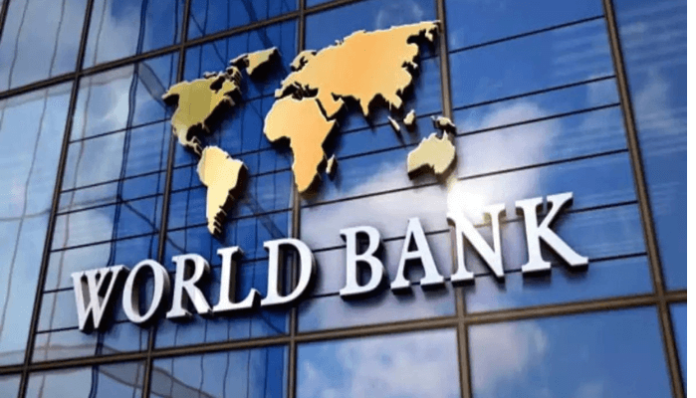The World Bank and the International Monetary Fund (IMF), have urged the Federal Government and the Central Bank of Nigeria (CBN), to adopt a coordinated strategy in the effort to stem the spiralling inflation in the country.
Nigeria has faced a consistent rise in inflation over the past three years fueled by rise in food and energy prices. The National Bureau of Statistics (NBS) reported that Nigeria’s inflation rate increased to 34.8 per cent in December, up from 33.6 per cent in November.
Speaking during a panel session, at the launch of the 2025 Macroeconomic Outlook of the Nigerian Economic Summit Group themed ‘Stabilisation in Transition: Rethinking Reform Strategies For 2025 and Beyond.’World Bank’s Senior Economist for Nigeria, Sameer Matta, restated the importance of the focus on curbing inflation by the CBN.
He said it is critical to stay the course on inflation control, adding that the CBN must continue to ensure that inflation is kept in check.
He highlighted the need for improvements on the supply side, including enhancing agricultural yields and strengthening the link between rural and urban areas. He also suggested that trade policies should be reviewed to target specific sectors and adjust tariffs accordingly.
Matta pointed out that the cost of not implementing reforms is significant, with fuel and foreign exchange subsidies accounting for two percent each of Nigeria’s gross domestic product (GDP).
“This amounts to five percent of GDP, which is extremely high,” he noted.
He likened the necessary reforms to tough medical decisions, emphasizing the importance of continuing social protection measures and accelerating cash transfer programmes to support the most vulnerable.
On his part, Nigeria’s country representative at the International Monetary Fund (IMF), Christian Ebeke,
emphasised the need for coordination between fiscal and monetary authorities to effectively combat inflation.
He praised the commitment of both the CBN and fiscal authorities to strengthen coordination, which he said has helped reduce inflationary pressures.
Ebeke also stressed the importance of addressing the distributional consequences of reforms, such as the removal of fuel subsidies and Naira reforms, to protect the most vulnerable populations.
He noted the role of fiscal policies in complementing monetary efforts and the need for social protection measures.
He commended the CBN and fiscal authorities for their efforts to curb deficit monetization and improve financial conditions while emphasizing the importance of transparent liability management and the benefits of securitization in spreading out maturities.
On the Ways and Means, Ebeke averred, “We should not have been in that position to start with. Cleaning up this big problem is taking time, and the persistent effect of the Ways and Means on inflation and, in general terms, on financial conditions. The CBN is trying to mop up liquidity. Just the practice of having deficit monetisation, as has been practiced in Nigeria for years, is now over.
According to him, “Now, when it comes to the securitisation of these, central banks around the world have a memorandum of understanding with the fiscal authorities on this type of liability management.
“The securitisation has the benefit of spreading out the maturities. Also, this has been done transparently, so this is good.”
He said “With Central Bank independence and fiscal prudence, you should not be seeing this type of pressure on the macroeconomy, including the effect on the parallel exchange rate and inflation.”


